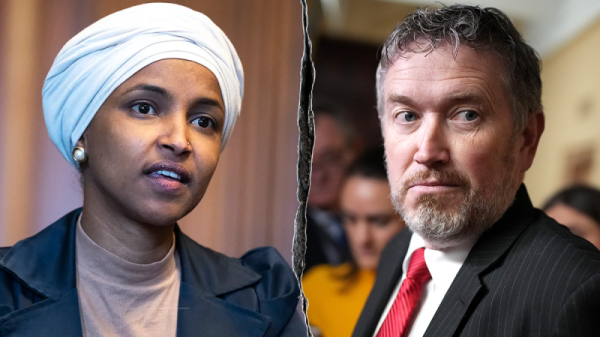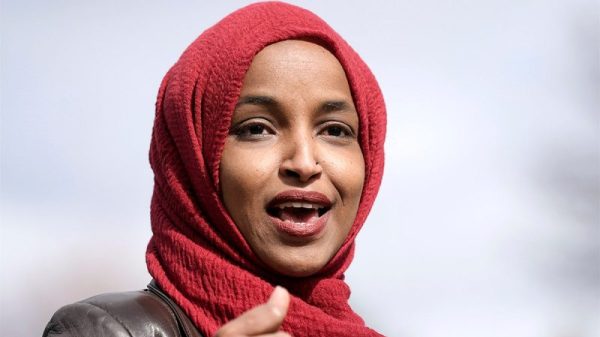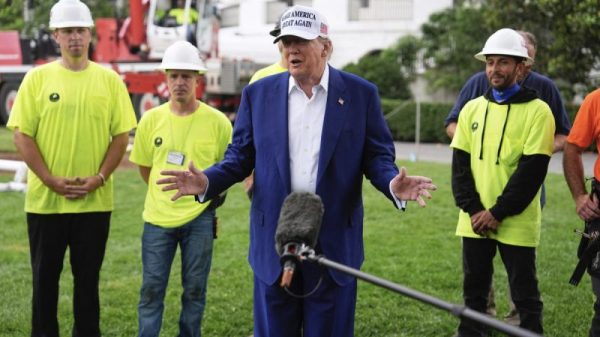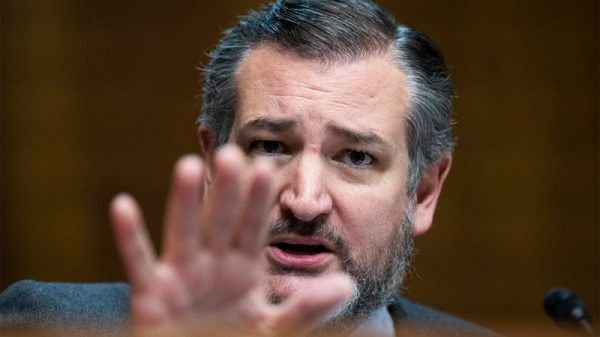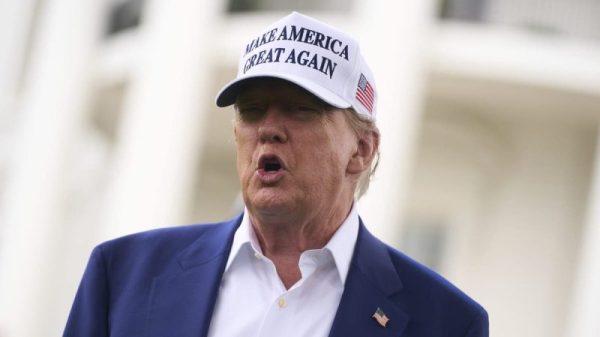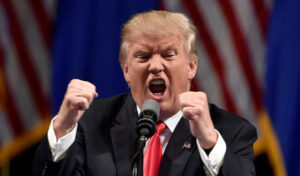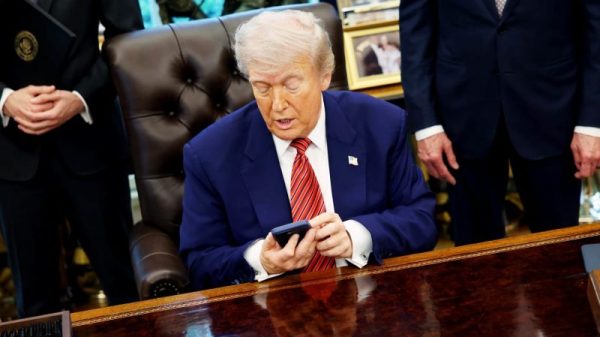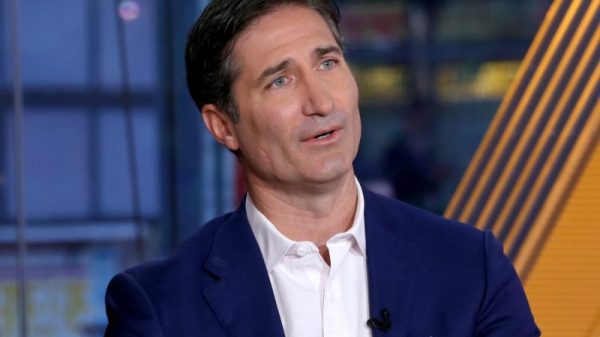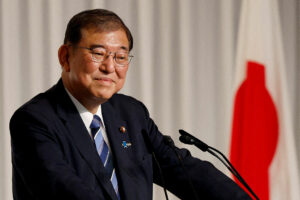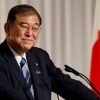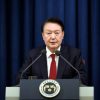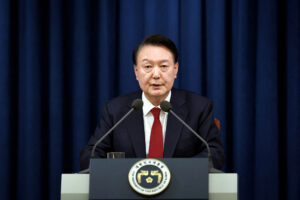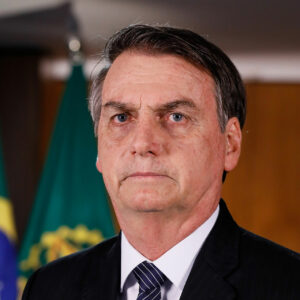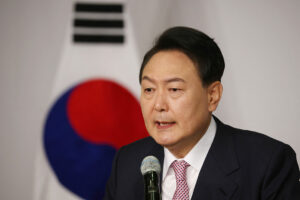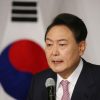TOKYO — Shigeru Ishiba was confirmed as Japan’s next prime minister by parliament on Tuesday, paving the way for him to officially unveil his Cabinet as he seeks to heal party divisions and prepare for an Oct. 27 snap election.
The 67-year-old former defence minister won a close-fought contest last week to lead the ruling Liberal Democratic Party (LDP). Mr. Ishiba is expected to hold a late press conference on Tuesday after the Emperor formally appoints him, and his Cabinet, in a ceremony at Tokyo’s Imperial Palace.
Now in power, he must quell simmering anger over rising living costs and his scandal-plagued party, and navigate a volatile security environment in East Asia fueled by an increasingly assertive China and nuclear-armed North Korea.
The veteran lawmaker, seen as somewhat of a party outsider who failed at four previous leadership bids, has already begun picking government and party officials who will contest the upcoming general election with him.
So far those include two rival candidates in the leadership race, Katsunobu Kato as Finance minister and Yoshimasa Hayashi to stay on as chief Cabinet secretary, a pivotal post that includes the role of top government spokesman, two sources familiar with the appointments told Reuters earlier.
A close Ishiba ally, Takeshi Iwaya, a former Defense chief, will take over as foreign minister, while Gen Nakatani will return to the Defense ministry, a position he held in 2016, said the sources, who asked not to be identified because they are not authorized to speak publicly, confirming earlier media reports.
Yoji Muto, a former junior minister, will take charge at the economy, trade and industry ministry, a separate source said.
The Ishiba administration’s approach to diplomacy with Japan’s closest ally, the United States, will be in focus, as he has repeatedly called for a more balanced relationship with Washington.
He has also proposed creating an Asian version of the collective security group North Atlantic Treaty Organization to deter China, an idea that could draw ire from Beijing and has already been dismissed by a senior US official as hasty.
In his victory speech on Friday, he spoke about the need to beef up Japan’s security after recent territorial incursions by Chinese and Russian military vessels.
ECONOMIC POLICY
Mr. Kato’s appointment to the finance ministry will be closely watched given he served in key positions in former premier Shinzo Abe’s administration, which pursued expansionary fiscal and monetary policies.
The Nikkei stock index .N225 fell nearly 5% on Monday in reaction to a surging yen following Ishiba’s win over Sanae Takaichi, a monetary dove and fiscal expansionist, in Friday’s leadership contest. The index recovered ground on Tuesday.
Ms. Takaichi, a hardline conservative he beat by 215 votes to 194 on Friday in the closest leadership election in almost seven decades, appears to not be in the running for a top position after local media reported she declined a senior party post.
That could make it difficult for Mr. Ishiba, a perennial favorite in public opinion polls, to manage a fractious ruling group roiled by scandals.
But despite its troubles, the party which has ruled Japan for most of the postwar era remains likely to hold on to power in the upcoming election given Japan’s weak opposition.
A third of respondents to a weekend poll by the Mainichi newspaper said they supported the LDP, versus 15% for the main opposition Constitutional Democratic Party of Japan.
More than half of the respondents, including those who supported opposition parties, said they were optimistic about Ishiba’s appointment. — Reuters






